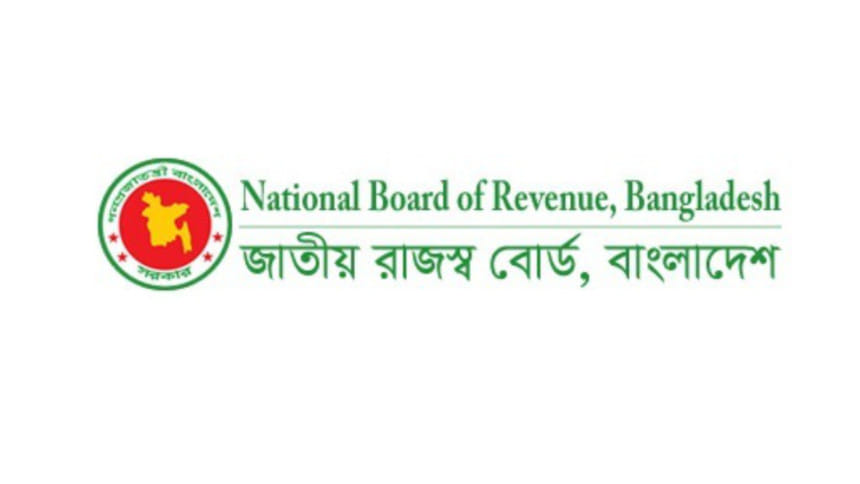NBR to introduce electronic locks to curb theft of export goods

The National Board of Revenue plans to introduce electronic seals and locks to prevent theft of import and export goods at the private inland container depots in Chittagong, with businesses showing reluctance to the move.
Earlier this month, the revenue authority said the system will be applied to export and import goods at Chittagong port.
NBR, in the notification, however, did not clarify whether it will be compulsory for all businesses.
Businesses will have to pay Tk 600 per container, covered van, or truck to avail themselves of the electronic seal and lock for the first 48 hours. They will also have to spend another Tk 50 for each hour after the 48 hours, according to the NBR notification.
But businesses are not happy with the move.
"This will increase our cost of doing business," said Siddiqur Rahman, president of Bangladesh Garment Manufacturers and Exporters Association.
Apparel exporters use locks and it costs Tk 40 to Tk 60 for each lock, he added.
"Thousands of containers are transported to and from the port. As a result, our costs will rise for such a high fee."
"We can't accept if anything is imposed on us for the business interest of others. We don't afford it."
Insiders said the NBR move comes after a private firm placed a proposal with Finance Minister AMA Muhith two years ago to introduce a tracking system in order to monitor the position of containerised goods moving to and from the ports.
The minister asked NBR to introduce the system on a trial basis, according to the insiders.
Consequently, NBR issued the Electronic Seal and Lock Service Rules 2016, which will be effective for one year.
A portion of goods imported and exported through Chittagong port are loaded and unloaded at nearly 17 private inland container depots (ICDs) in Chittagong district. The import duties on the goods are also assessed at the depots.
So, leakage of goods between the port and the ICDs not only affects revenue collection but also the businesses, said a senior official of NBR, seeking anonymity.
"We have introduced the system to prevent pilferage of goods between Chittagong port and the private ICDs," said the official.
However, the NBR has not assessed the value of goods that are usually stolen or lost in transition, added the official.
Under the rule, NBR can prepare a list of firms that will provide the seal and lock service. The listed firms will function on a build, operate and own basis, it said. Interested firms will have to apply for enlistment.
The NBR said service recipients will sign contracts with the service providers on the condition of payment of fees on a daily, monthly and yearly basis.
It said the service providers will be fined for a delay in sealing and locking containers at the port. The service providers will also have to take responsibility if goods are stolen, lost or damaged during transportation after being electronically sealed and locked.
They will also have to provide information on the location of the goods and provide security, according to NBR.
To track goods in containers, covered vans, and trucks, service providers will have to install Global Positioning Systems or General Packet Radio Services.
Service recipients will also face fines for irregularities, NBR said.

 For all latest news, follow The Daily Star's Google News channel.
For all latest news, follow The Daily Star's Google News channel. 



Comments